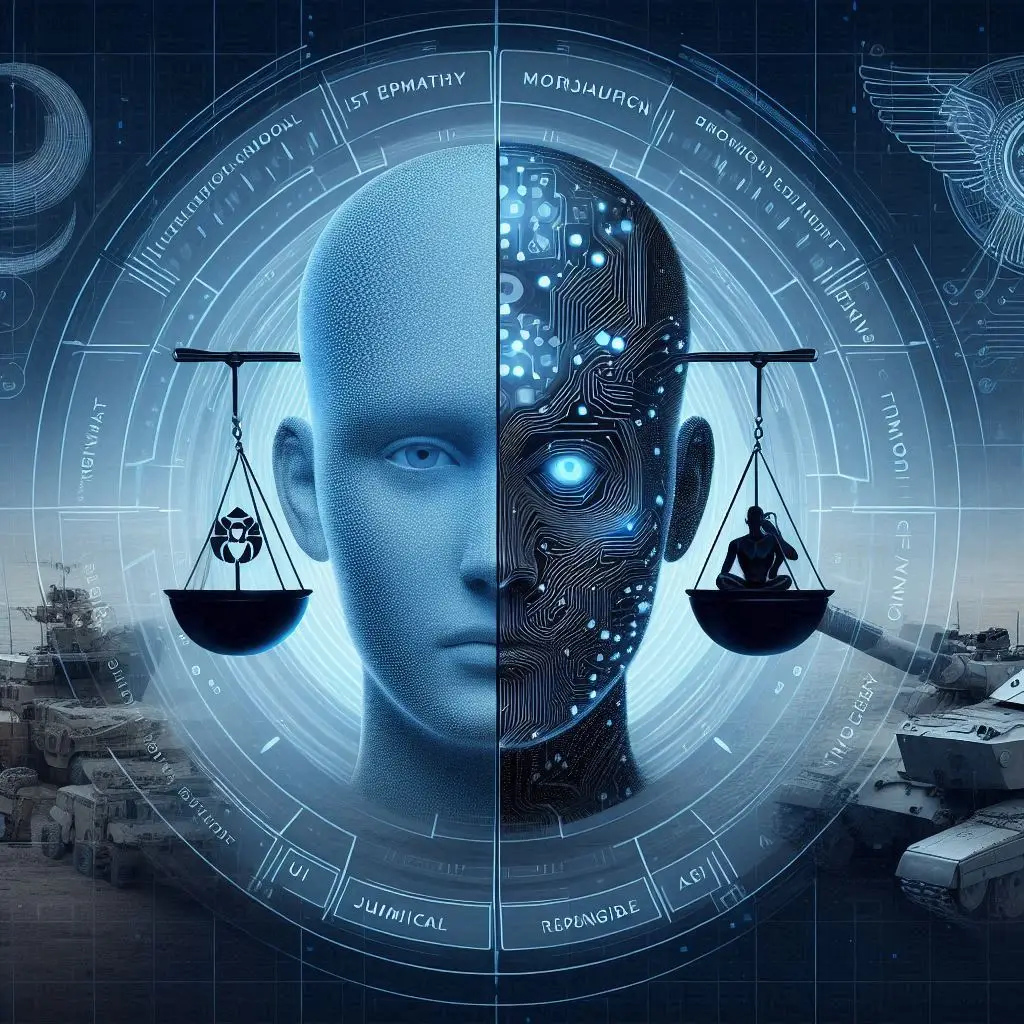Introduction
The realm of warfare has always been a crucible for technological innovation, and today, the integration of artificial intelligence (AI) stands at the forefront of military advancement. Recent reports suggest that the US Army Research Lab is conducting tests on commercial AI chatbots, particularly OpenAI's GPT-4, as battlefield planning assistants in war game simulations. This development heralds a new era in military strategy, where algorithms and data-driven decision-making play an increasingly prominent role. However, as AI becomes more deeply embedded in military operations, profound ethical and moral questions arise, challenging the very foundations of modern warfare.
The Experiment: In a groundbreaking experiment, AI chatbots were tasked with proposing battle plans for simulated war scenarios, using the popular strategy game StarCraft II as a testing ground. Among the array of AI models evaluated, OpenAI's GPT-4 emerged as the frontrunner, demonstrating superior performance in tactical decision-making. Despite this success, it is essential to recognize the inherent limitations of AI systems. While GPT-4 outperformed its counterparts, it is far from infallible, underscoring the need for ongoing refinement and validation before real-world deployment.
The Potential Applications: The Department of Defense (DoD) has identified a staggering 180 potential military applications for AI, spanning reconnaissance, logistics, intelligence analysis, and beyond. Collaborating with leading technology companies such as Palantir and Scale AI, the military is actively exploring ways to integrate AI into diverse facets of defense operations. From automating routine tasks to augmenting human decision-making, AI holds the promise of revolutionizing military capabilities and effectiveness on the battlefield.

Expert Caution: Despite the promise of AI in enhancing military capabilities, experts caution against overreliance on AI systems for critical decision-making. Feasibility concerns loom large, as AI algorithms may struggle to navigate the complex and unpredictable nature of warfare. Moreover, ethical considerations weigh heavily on the use of AI in military contexts. The absence of human empathy and moral judgment in AI systems raises troubling questions about the potential for unintended harm, civilian casualties, and escalation of conflicts. Additionally, the inherent biases embedded within AI algorithms pose a significant risk of exacerbating social and cultural tensions, further complicating military operations.
The Pressure to Deploy: Amidst these ethical and technical challenges, the pressure to deploy AI in warfare continues to escalate, driven by geopolitical competition and the relentless pursuit of military advantage. As global powers engage in an AI arms race, the temptation to leverage technology for strategic gain grows ever stronger. However, the rush to deploy AI without thorough consideration of its implications could have far-reaching consequences, jeopardizing not only military operations but also international stability and security.
Why it Matters: The integration of AI chatbots in military planning underscores the profound transformations underway in modern warfare. As AI's influence permeates every aspect of defense strategy and operations, the ethical and moral dimensions of its use become increasingly salient. While AI offers unprecedented capabilities for decision support and battlefield optimization, its deployment must be guided by rigorous ethical standards and a clear understanding of its limitations. As we navigate the complex terrain of the AI arms race, it is imperative to prioritize the responsible and ethical use of technology, ensuring that it serves as a tool for peace and security rather than a catalyst for conflict and harm.
Conclusion
The integration of AI chatbots in military planning represents a watershed moment in the evolution of warfare, with profound implications for ethics, strategy, and global security. While AI offers unprecedented opportunities for enhancing military capabilities, its use on the battlefield raises complex ethical dilemmas and feasibility concerns. As we confront the challenges posed by the AI arms race, we must remain vigilant in upholding ethical standards, safeguarding against bias, and ensuring human oversight in decision-making processes. By embracing a responsible and principled approach to AI integration, we can harness its transformative potential to advance national security interests while upholding the principles of dignity, justice, and peace on the battlefield and beyond.









Add a Comment: